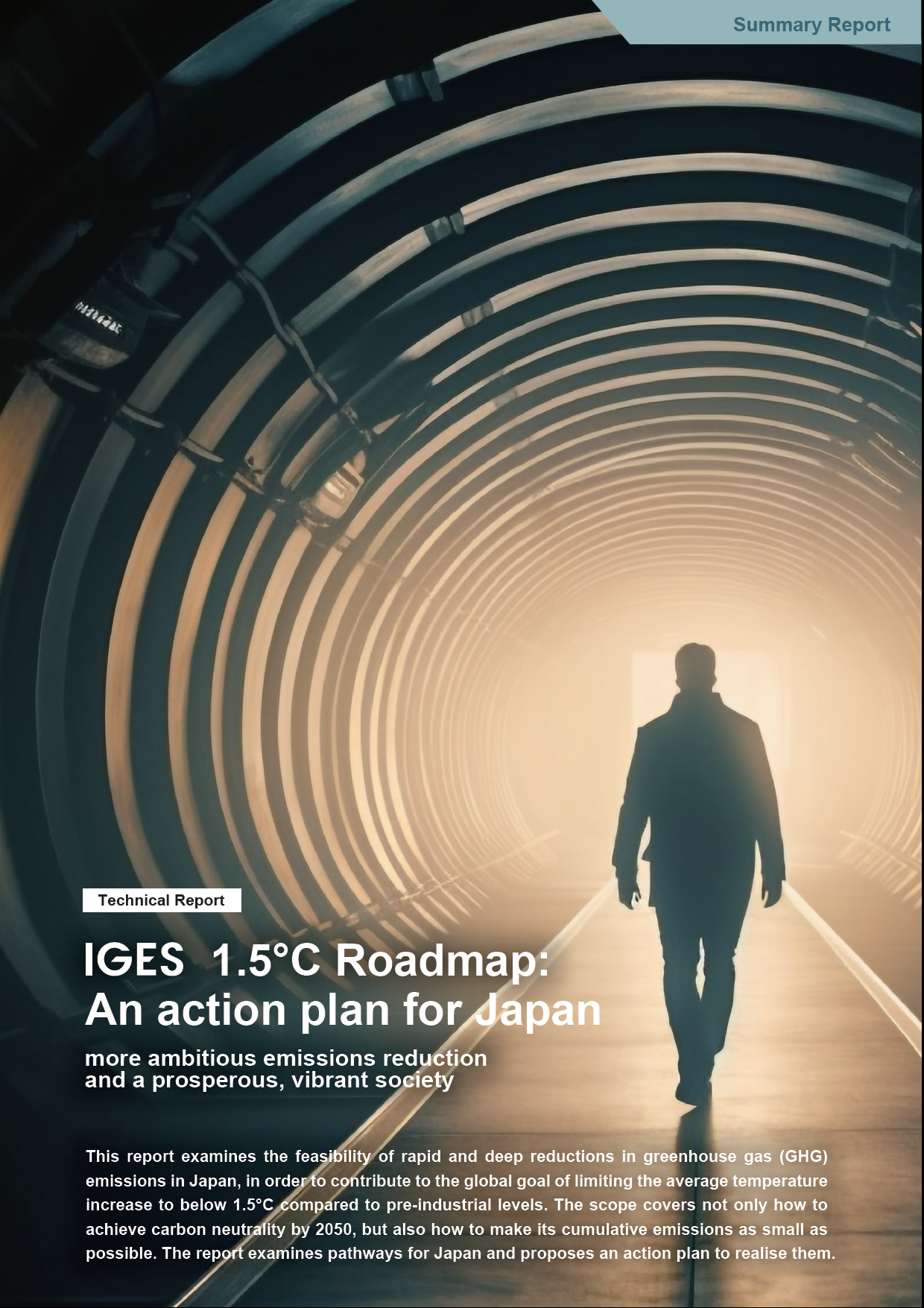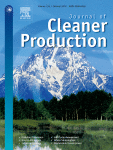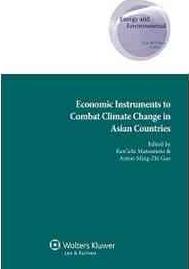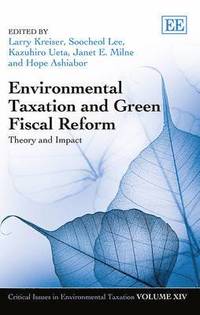This report examines the feasibility of Japan not only achieving carbon neutrality by 2050, but also making significant reductions in greenhouse gas (GHG) emissions, so as to make its cumulative emissions as small as possible, thereby contributing to the global goal of limiting the average temperature increase to below 1.5°C compared to the pre...
- Clear all
- Language: (-) English
- Research Unit: (-) Kansai Research Centre
- Region/Country: (-) Eastern Asia
- Region/Country: (-) Ukraine
Results 1 - 10 of 53 (Sorted by date)
In Sustainability Science
As decarbonisation of the power sector is essential to achieve Japan’s target of net-zero greenhouse gas (GHG) emissions by 2050, it becomes crucial to address how the electricity system incorporates short- and long-term variability in the power output via renewable energy. In this paper, we developed six scenarios for 100% renewable energy in...
This policy brief suggests that carbon pricing can accelerate the diffusion of low-carbon technology in China, based on the results of empirical studies conducted by Kansai Research Centre of IGES focusing on China’s most energy intensive industries.
In Journal of Cleaner Production
Responding to the climate change, Korea has been establishing a domestic policy framework for promoting energy saving and greenhouse gases reduction, with the expansion of low carbon technologies for industry as a key area. This paper analyzes investment barriers for low carbon technology investment and suggests supportive policies based on a...
In "Economic Instruments to Combat Climate Change in Asian countries: Choice between Emission Trading Scheme and Carbon Tax."
he Republic of Korea (hereinafter referred as Korea) was the world’s seventh largest CO2 emitter in 2010. Its greenhouse gases (GHG) emissions have greatly accelerated since 1990 and this upward trend are far more significant than in other OECD countries (OEDC: Organisation for Economic Cooperation and Development). Korea entered the United Nations...
In Critical Issues in Environmental Taxation.
This study discussed two topics; one is to monitor the opinions of Korean companies to various aspects of GHG ETS, and other is to identify the difference in companies’ viewpoints due to their characteristics in organizational size, sector and ownership. This analysis was carried out in a qualitative manner using the 66 data collected by a...
In Journal of Cleaner Production
This study measures industrial energy saving activities (ESAs) in the Republic of Korea and identifies their determinant factors by a questionnaire survey to the energy-intensive companies. More than 90% of the samples have practiced the institutional and managerial ESAs, requiring relatively lower costs and efforts. Although the companies have...
Developing countries in Asia are struggling to cope with the negative impacts of concentrated industrial activities. Inspired by the theory of industrial ecology, eco-towns or eco-industrial parks are frequently promoted in many localities as a strategy for reducing the environmental burden of industry in a way that is consistent with economic...
This book documents the environmental, technological and policy aspects for establishing industrial clusters in the urban-rural fringe areas of India, Japan, Thailand and Vietnam as a strategic approach for integrated economic and environmental planning.
The objective of this project is to answer the question of "how business/industry can realise a sustainable society". To attain this objective, two goals were set: (1) to identify promising business models for realising a sustainable society and develop relevant methods to quantify their potential while proposing masures to promote such businesses...









